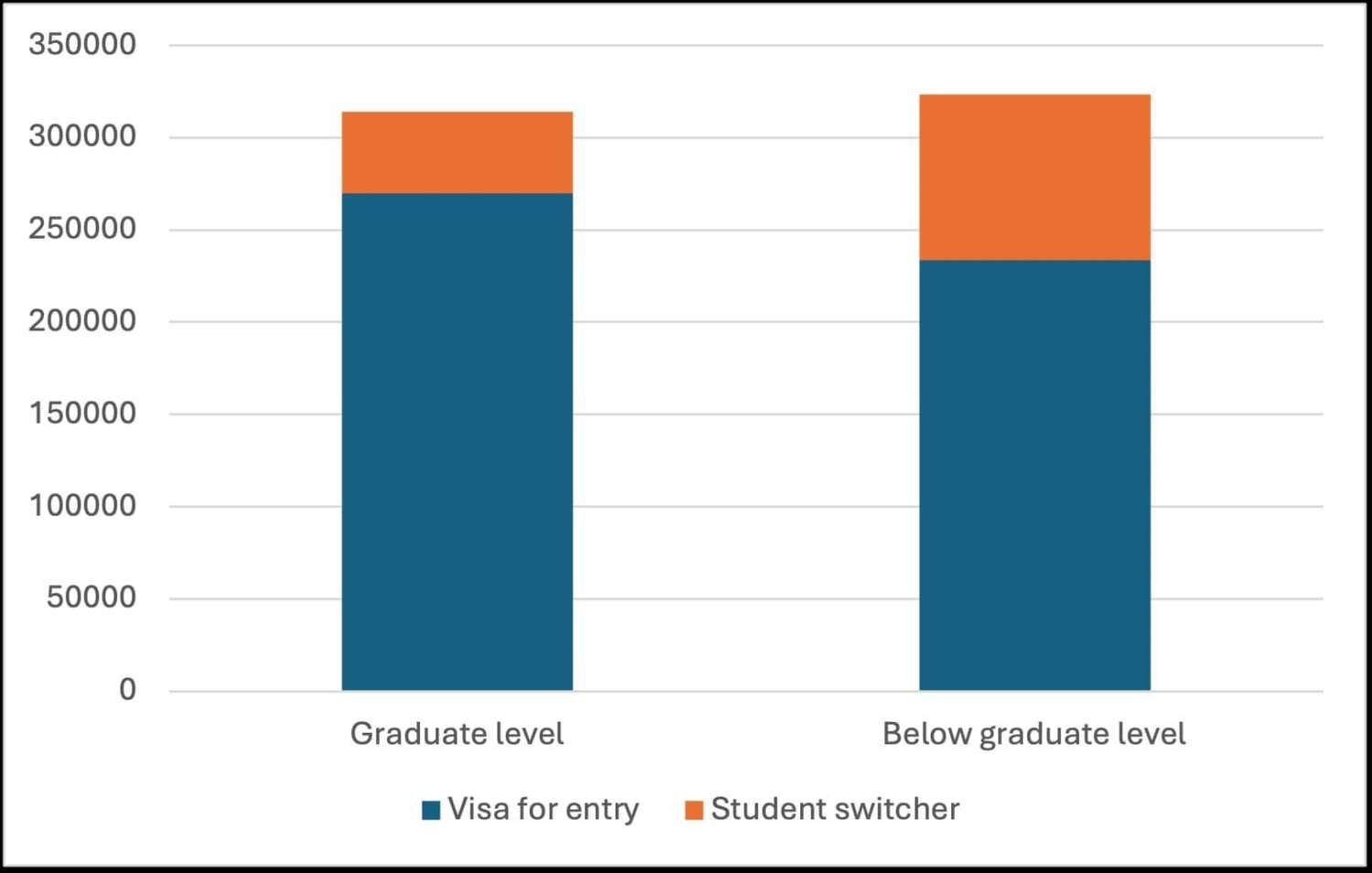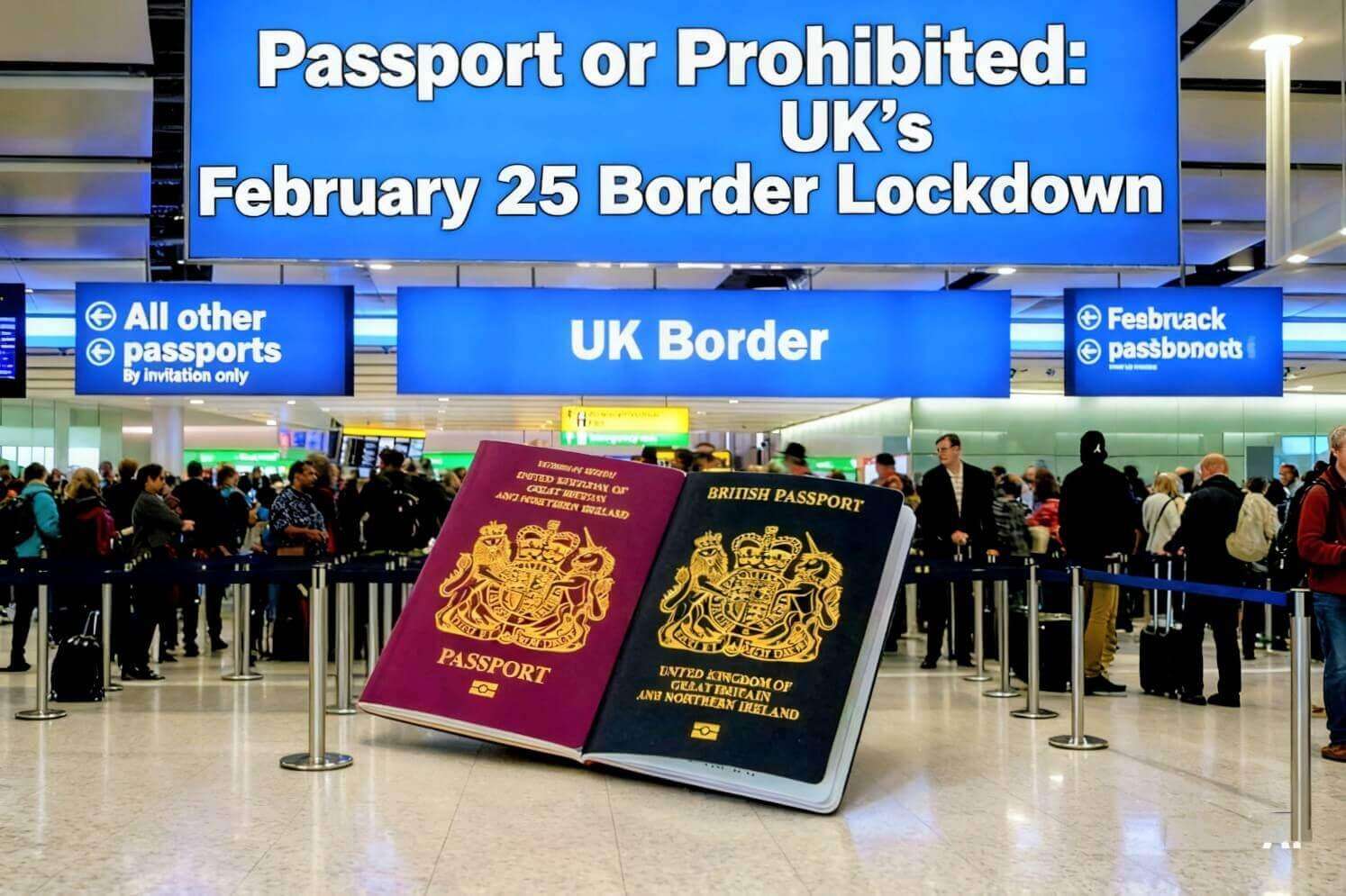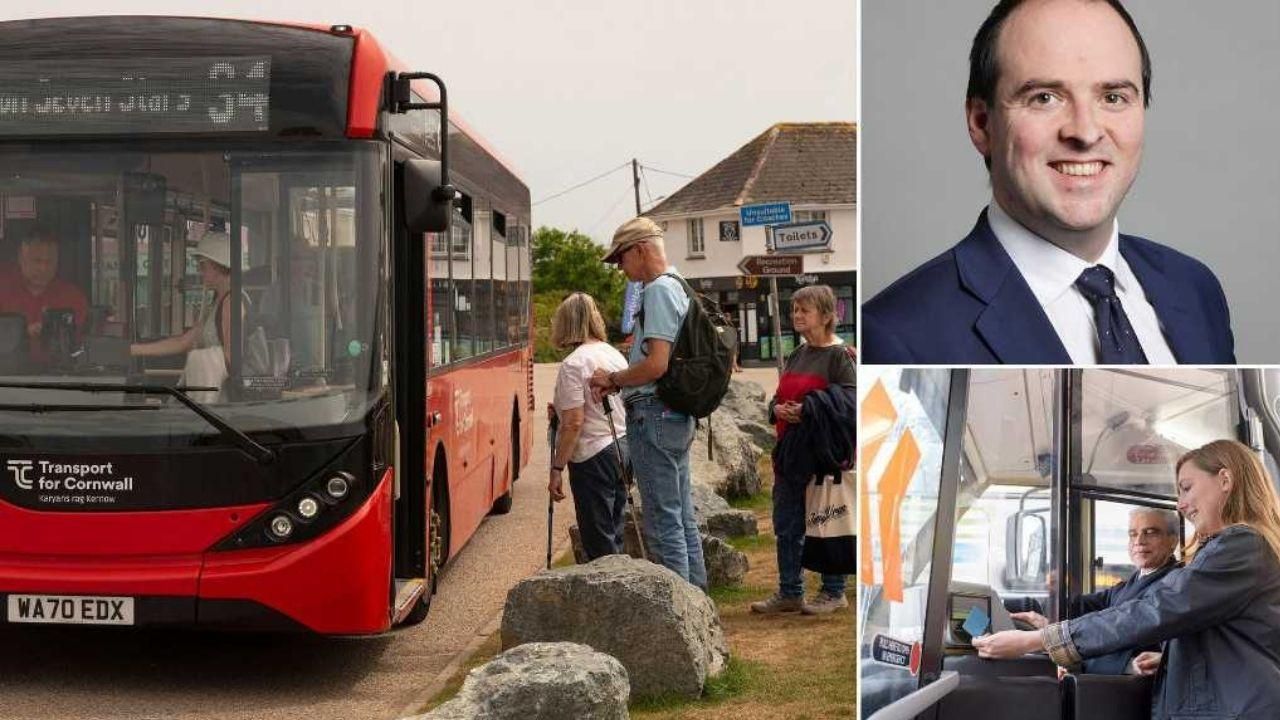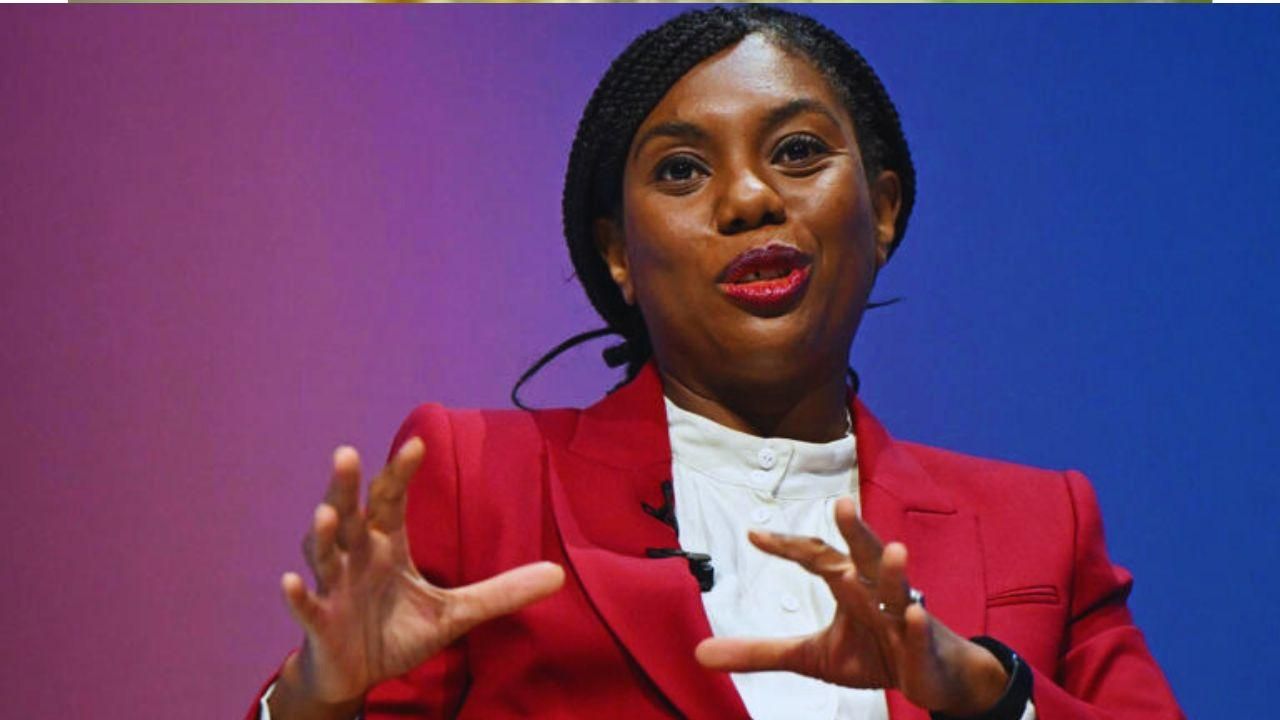Labour faced criticism yesterday for its intentions to remove a £2 bus fare ceiling from this week's budget.
The removal of the cap, which was put in place by the previous Tory government to encourage public transportation use after COVID, might result in fares in rural areas increasing by at least £10.
It might make it impossible for individuals to pay to go to work, college, or the hospital, according to critics, and it could substantially cut down on passenger volume, casting question on the viability of some routes.
The measure will be part of at least £35 billion of spending cuts and tax rises in this Labour Government's first Budget on Wednesday.
Internal analysis by the Department for Transport found that the cap, which costs the Treasury £350 million a year, was 'not financially sustainable for taxpayers and bus operators'.
Officials believe that it generates only 71p to 90p in benefits for every £1 spent to support the cap, which was introduced in January 2023 and expires in December.
But according to polling by More In Common, 55 per cent of the public think scrapping it is 'the wrong decision', compared to just 28 per cent who think it's the right move.
There is also broad agreement between Labour and Tory voters, with 54 per cent from the former party thinking it's the wrong move and 60 per cent from the latter.
In North Yorkshire, where bus passenger numbers jumped 11 per cent last year, the cap has been credited with maintaining the viability of a host of rural routes.
The cap applied only to services in England and outside large cities such as London and Manchester, which have devolved powers over transport.
Tory MP Richard Holden, a former transport minister, said: 'Labour are going to hammer car and van drivers, now they've revealed they're going to cripple bus users, too - often younger people and lower paid workers who use buses ten times more than trains. This is another shameful and cowardly Labour tax on working people, deliberately targeting those who have no other choice.'
Silviya Barrett, the director of policy and research at the Campaign for Better Transport, said the £2 cap had breathed new life into the bus sector and should be extended, not abolished. She said: 'Taking the bus shouldn't be a financial burden and raising the cap or scrapping it entirely could leave passengers struggling to afford travel on lifeline services.'
The Rural Services Network, which campaigns on behalf of residents of Britain's 6,000 villages and 200 market towns, said rural poverty has depressed car ownership, leaving people reliant on the bus, many of whom will be left isolated if fares jump or services are cut.








.svg)



